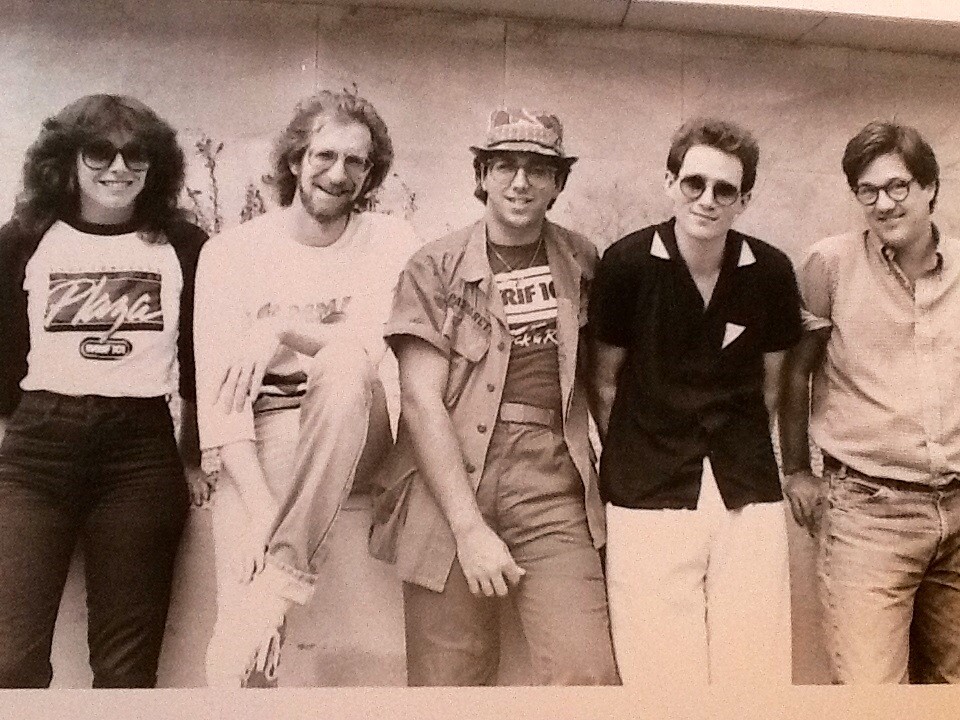 One of my favorite features in the Sunday New York Times is their “Corner Office” column, highlighting a CEO of a major company.
One of my favorite features in the Sunday New York Times is their “Corner Office” column, highlighting a CEO of a major company.
Each week, these captains of industry provide their success stories, often explaining their hiring priorities – and the questions they typically ask of new applicants trying to get jobs in their companies.
This past Sunday, the CEO in the spotlight was on Lyft’s John Zimmer, offering up the keys to his company’s rapid growth curve – moving from just 30 people back in 2012 to a robust 1,700 employees on the payroll today.
So, how does he hire? What’s important? And what qualities does he look for in key managers? Here’s Zimmer’s take:
“The most important thing I’ve found is to know your weaknesses and hire people better than you.”
And in fact, that’s been something I’ve tried to do in my own hiring – not just at Jacobs Media over the years – but all the way back to my first real management position as PD of WRIF back in the early ’80s.
The ancient photo below shows me and my team – along with local rocker Marshall Crenshaw, who was playing a free show for us.

As a manager, I had adequate leadership skills and vision – I knew the city, the market, the brand, and the research, and I knew where I wanted the station to go. But like all programmers, I had holes. And that’s why the other players you see pictured at Detroit’s Hart Plaza were so important to the station’s ultimate success. Their strengths complemented my weaknesses.
Music director, Mike Mayer, was affable, friendly, relaxed, and able to successfully work the station’s record company relationships – insulating me from unnecessary encounters, but also creating important industry connections. He ran interference for me, hooking me up with labels, managers, and bands when decisions and deals had to be made. It was an important role, and something I had no interest in or talent for.
Assistant program director, Mark Pasman, was a musician, facilitator, and deal maker. He was on the cutting edge musically, and allowed me to see what was coming next. Mark helped put together what become a wildly successful local concert series in downtown Detroit at a time when that scene was heating up. He also had that ability to work with our intern army – hiring, disciplining, teaching, and inspiring. Again, areas that weren’t my strengths that came naturally to him.
And then there was promotions director extraordinaire Julie Finkel. She was the station’s fearless cheerleader who had great instincts about the events and promotions that would resonate with the audience. On the first day she had the job, we had one of those radio advertising league softball games. A couple hundred listeners were in attendance, and I watched her walk up and down those bleachers, handing out bumper stickers and thanking them for showing up. I instantly knew that she’d be a rock star for WRIF. Julie was a great ambassador – something I struggled with, whether with the audience, advertisers, or others.
Interestingly, Mike and Mark both went on to program the station after I left – another indicator they had the goods to run the place, but just needed time to develop. Julie moved to L.A. where she excelled in big marketing and promotions jobs. So, not only did they each make me a stronger manager, but they became successful managers themselves.
Full disclosure: I didn’t hire them all, but was able to recognize their skill sets, and how they intersected with mine. As John Zimmer notes, a key to building a great team is identifying talent that fills in your own holes – and then giving them the space to do their jobs.
I was blessed with the permission from ABC Radio to build a great team during an era in radio where programming staffs were more robust than today. But in thinking about your on-air team or sales force, recognizing your vulnerabilities and hiring directly to them is an essential quality in order to be successful in a challenging environment.
Hire to your weakness. It’ll make you stronger.
This month marks the second anniversary of the passing of Julie Finkel Cahill. Our thoughts are with Julie’s family and friends.
- Radio’s New Audience Equation: Z Over Y = Trouble - May 1, 2025
- What Is It With Female Robot DJs? - April 30, 2025
- Why “Dance With Those Who Brung You” Should Be Radio’s Operating Philosophy In 2025 - April 29, 2025




Leave a Reply